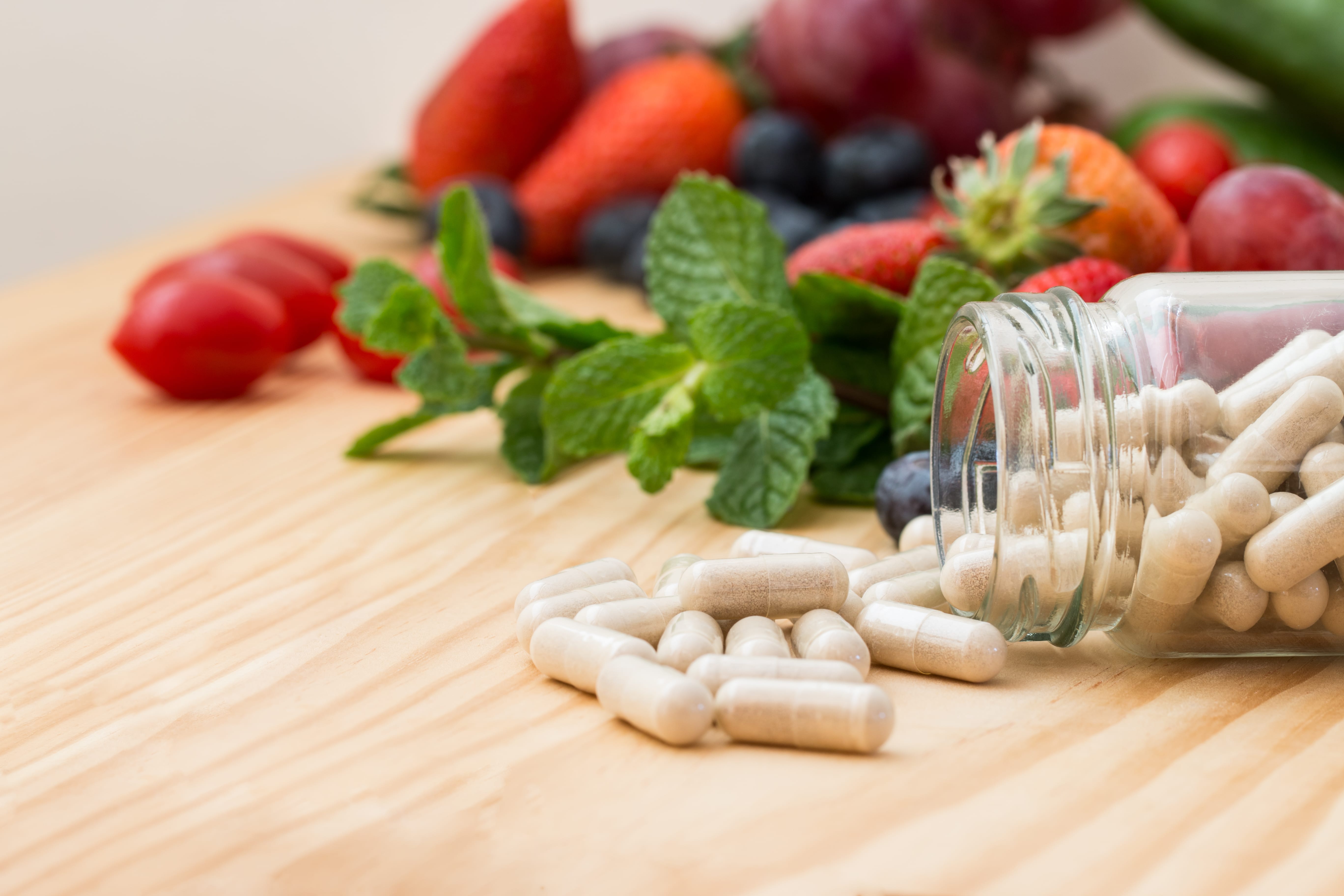Best Probiotics to Support Your Digestive and Immune Systems
January 31, 2019What are Probiotics?
When we think or hear words like bacteria, viruses, germs etc. we often assume them to be bad. However, our body consists of trillions of bacteria that help us to maintain the health of our body. Surprised? Confused? Sounds weird? If you have not heard the word probiotic before it is but obvious.
If you break down the word probiotic the literal meaning of it would be “for life”.Probiotics are living microorganisms rightly known as good bacteria. There are various types of probiotics and each one has a different characteristic. The most common probiotics are lactobacillus acidophilus and Bifidobacterium. Lactobacillus is found in yogurt or in foods that have undergone a fermentation process. Bifidobacterium is also found in dairy products. Research has shown that including probiotics in your diet can actually increase your immunity and maintain the overall health of your gut. In addition, these “good” bacteria can actually lessen the severity of any allergies, reduce cholesterol levels and recurrent UTIs, improve your overall metabolism, aid in lowering blood pressure etc. Let us see in detail how it can affect your digestive and immune system.
How Probiotics can do wonders for your digestive and immune system
Patients who need to take severe antibiotics usually suffer from the side effect of diarrhea. The strong medication while targeting bad bacteria may also kill good bacteria. To compensate for this, the doctors often prescribe a supplement in the form of probiotic. Lactobacillus acidophilus, in particular, is highly recommended to patients suffering from antibiotic-associated diarrhea. Probiotics help in controlling the functioning of nerves present in the gut. Lactobacillus is helpful for patients who cannot digest lactose or sugar present in the milk. Nowadays probiotics are usually taken as an alternative or complementary medicine to maintain the overall health of your digestive system. Constipation is another condition caused due to improper digestion of food making the patient feel uncomfortable. This condition occurs mainly because the balance of intestinal flora is disturbed. This is where the probiotics will help you to balance the intestinal flora. It is also used in the treatment of ulcerative colitis.
When harmful bacteria dominate, gut health is disturbed. This, in turn, results in reducing the production of vital enzymes and vitamins. The immune system is thus weakened leading to serious health issues. In the earlier days the soil, water, and food had all the required good bacteria which we used to consume through the food we get. But the modern lifestyle has hampered their numbers. Moreover, things like tobacco consumption, processed foods, caffeine, antacids, reduce the number of good bacteria present in your body. Therefore it is essential to include probiotics to boost your gut health and immune system. These good bacteria protect the intestinal lining and don’t let the viruses enter in your blood. The pathogens are restricted from entering the gastrointestinal tract. These friendly bacteria enhance the functioning of enzymes resulting in better absorption of nutrients to the maximum capacity.
To conclude we can safely say that probiotics do wonders to our digestive system. They maintain the health of the gastrointestinal tract and prevent the invasion of harmful viruses, germs etc. thus increasing our immunity. However, if you are consuming a probiotic supplement it is best to take your doctor’s advice.



